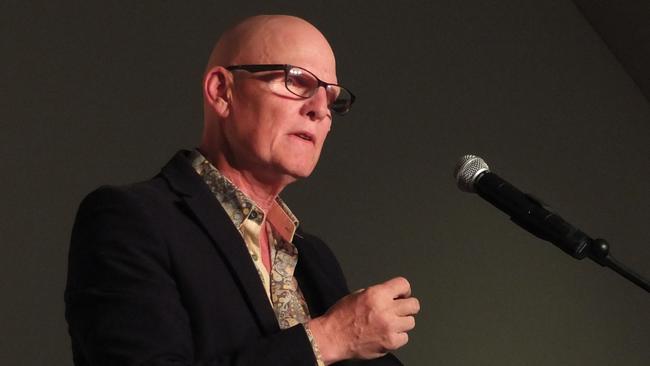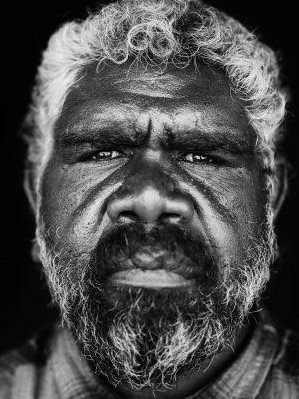‘Government-led approach’ required following Alice Springs death after hand sanitiser drinking session
After a man was charged with murder in Alice Springs following a session drinking hand sanitiser, the Territory government is facing calls to restrict sales of the product.

The Northern Territory government has rejected calls to introduce stronger regulations on the sale and supply of alcohol-based hand sanitiser, following the alleged murder of an Indigenous mother who had been drinking the substance with her husband just prior to her death.
Patrick Jungala Nolan, 49, was charged with the murder of his 51-year-old wife on Tuesday evening, with sources previously telling The Australian the couple had been drinking hand sanitiser in the lead-up to her death, when she was allegedly struck with a rock early on Monday morning at Alice Springs’ Todd River.

He is also facing a charge of engaging in conduct that contravenes a domestic violence order in relation to an order made by a judge in January 2019.
Mr Nolan, an artist, appeared before judge John McBride at Alice Springs local court where he did not apply for bail, and will return to court on March 20 for a preliminary examination mention. He showed no emotion as the charges were read to the court.
Dr John Boffa, a spokesman for the People’s Alcohol Action Coalition and a public health medical officer based in Alice Springs, called for a “government-led approach” to restricting access to hand sanitiser.
“Given this tragic situation. I think this is a sign that we have to do more and we have to go the next step, and certainly we shouldn’t be allowing this form of sanitiser to be sold in the large bottles, and even the small bottles should be sold in a regulated way,” Dr Boffa said.
While there was some self-regulation by retailers, alternatives such as zero-alcohol options should be also considered, he said. There was “no excuse” for hand sanitiser to be sold in large bottles where it was known that Covid-19 was transmitted through the air, he said.
“There’s certainly no need to be selling this stuff in very large containers, and in small containers, people need to be certainly watching who they sell it to,” he said.
Dr Boffa also said the ban of takeaway alcohol on certain days and other regulations such as the banned drinkers register meant that there was a greater responsibility to ensure cheap alternatives to alcohol were not readily available.
“This is a population in which a significant group of people are heavily traumatised and dependent on alcohol and other drugs and very susceptible to addiction, so products that are on the market that can be drunk that contain this amount of alcohol will be drunk by a very small proportion of drinkers,” Dr Boffa said.
On Wednesday NT Minister for the Prevention of Domestic Violence Robyn Cahill rebuffed calls for the regulation of hand sanitiser, saying it would be “untenable” to ban everything that could potentially be misused and substituted for purchased alcohol.
“What we have to do is address the root causes of why this is occurring. Why do we have a situation where people are looking for alternate sources of alcohol?” Ms Cahill said.
“You can continue to deal with the symptoms, but you have to look at the cause, and so the reality of the fact that we have people in our community who are struggling with alcohol addiction, who are struggling with drug addiction, that leads into a whole raft of other areas and that’s where we need to focus.”
The Central Australian Aboriginal Congress, the peak remote health service for almost 20,000 Indigenous people in central Australia, declined to comment.






